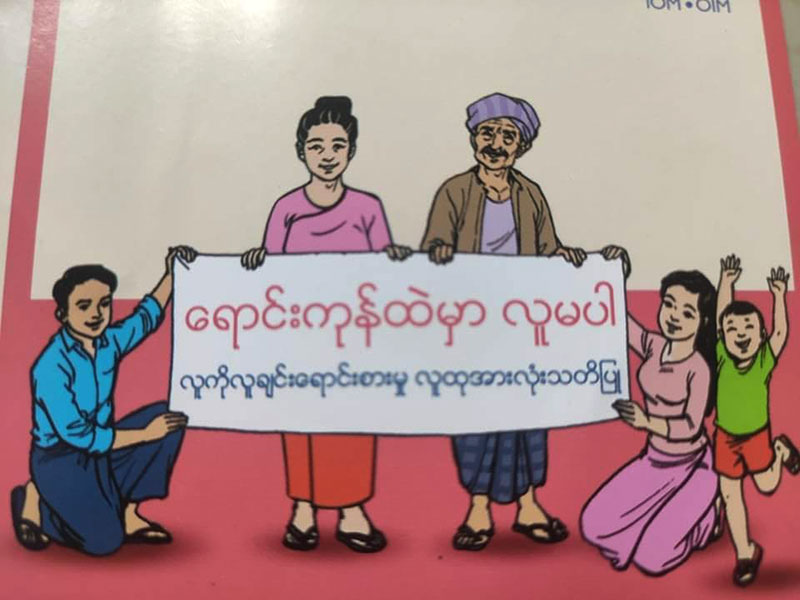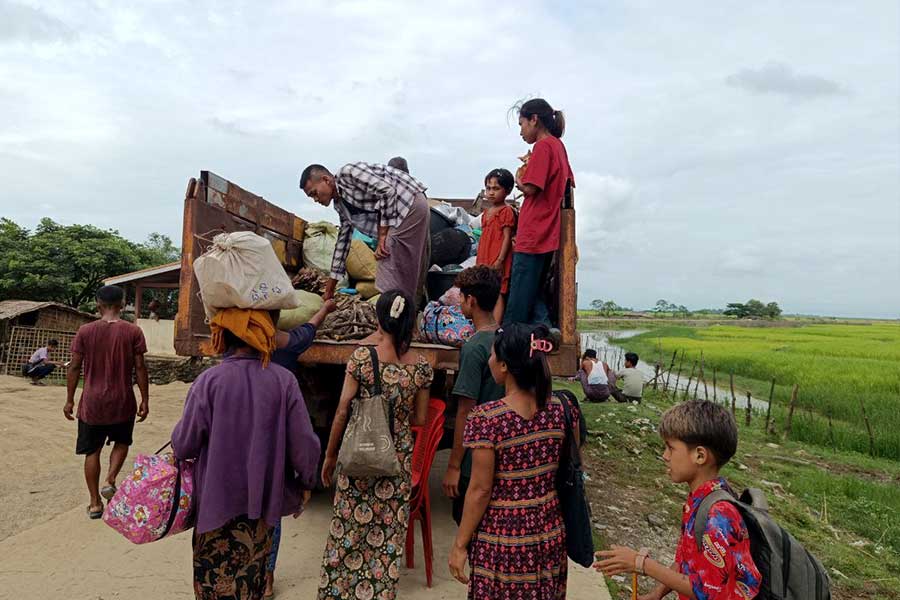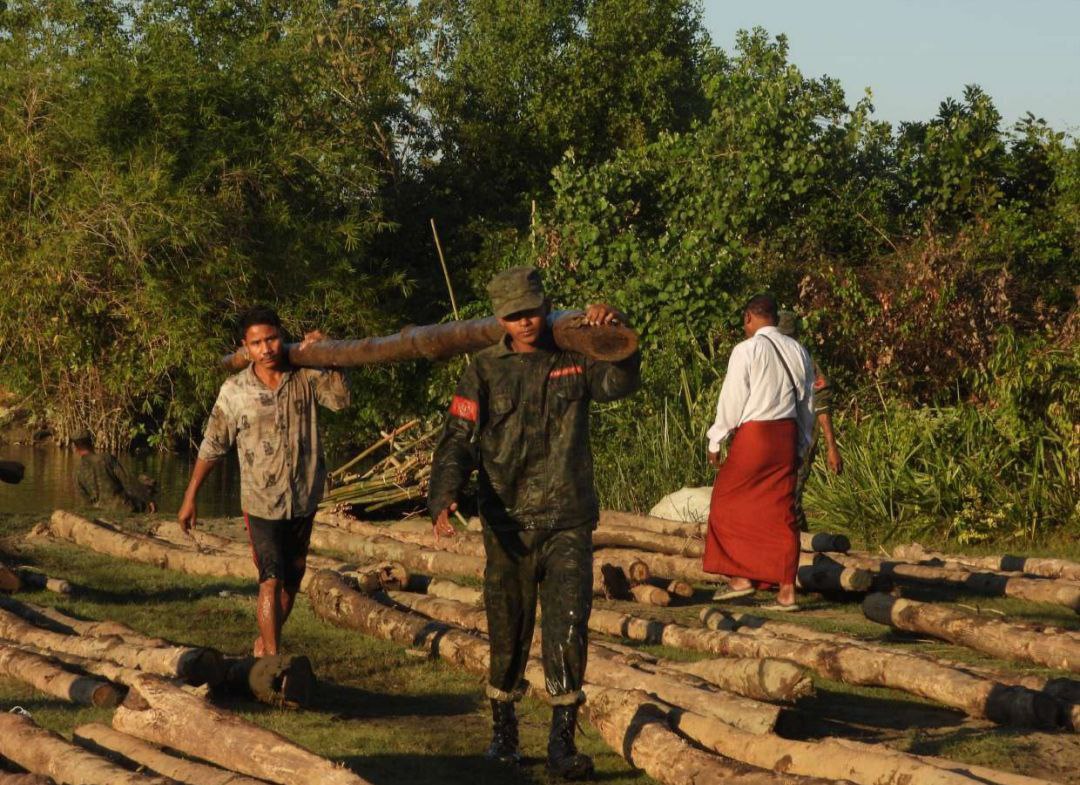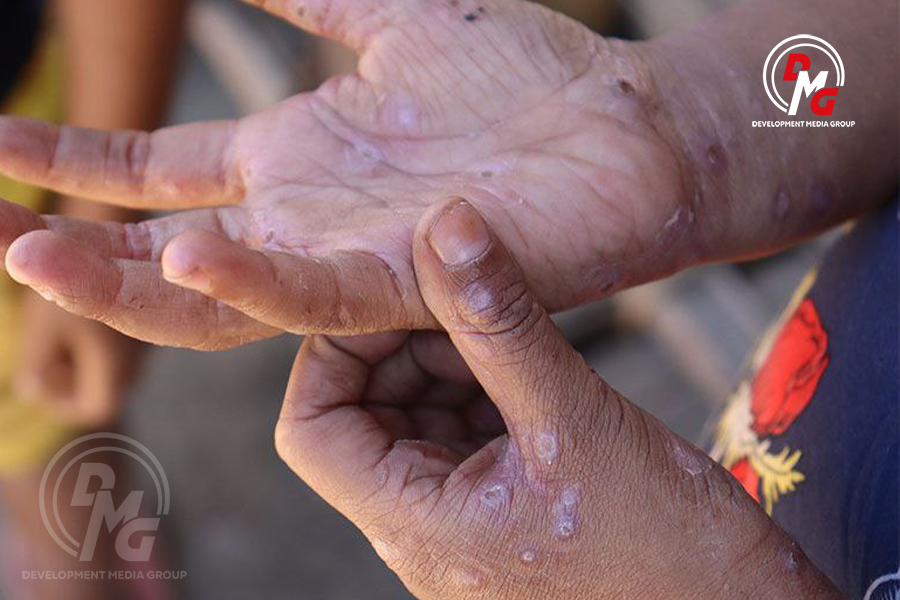- Family of minors raped by abbot in Kyaukphyu demand justice
- Salt farming declines in Arakan State as costs rise and markets falter
- Thousands flee junta raids in Mindon as villages are torched
- Children in Arakan State urgently need psychosocial support and safe spaces
- Regime uses paramotors and gyrocopters to target civilians, Fortify Rights says
Only one case of human trafficking reported in Arakan State last year
There was only one case of human trafficking reported in Arakan State last year, according to the No. 5 Anti-Trafficking Task Force (Sittwe).
21 Sep 2021

DMG Newsroom
21 September 2021, Sittwe
There was only one case of human trafficking reported in Arakan State last year, according to the No. 5 Anti-Trafficking Task Force (Sittwe).
There were six cases of human trafficking reported in Arakan State in 2018. No human trafficking case was reported in Arakan State in 2019 and just the one case was recorded in 2020.
No cases have been filed so far this year, said an official from the No. 5 Anti-Trafficking Task Force (Sittwe).
“Human-trafficking awareness campaigns are being conducted despite a ban on gatherings amid the ongoing Covid-19 pandemic. But we are doing our best,” said the official.
Twenty-five awareness campaigns were conducted and 997 pamphlets were distributed in Arakan State townships, according to the No. 5 Anti-Trafficking Task Force (Sittwe).
Saw San Nyein Thu, chairwoman of the Rakhine Women’s Initiative Organization, said it was very unlikely that only one case of human trafficking had taken place in Arakan State last year.
“There are even more than three or four informal requests for help. The fact that there is only one case in the whole year shows that this is all they [Myanmar anti-human trafficking police] have received. I think they [human trafficking police] should do more to educate the people,” she said.
She went on to say that the large number of internally displace people (IDPs) in Arakan State and the large number of people in need of food and shelter due to the Covid-19 pandemic are also challenges in combating human trafficking.
“Some IDPs have returned home but they are struggling to earn a living. At the moment, IDPs are worried about their lives if they are lured by human traffickers. Some people realise that they are being trafficked only when they are sold. Authorities need to raise awareness about human trafficking,” she added.
Human trafficking is commonly understood as the practice of forcing a person to engage in any form of work, including sexual activity, as well as forced marriage. It can also involve the acceptance of money or any other kind of gain by enslaving another person for slavery, debt bondage, or the sale of a person’s body parts.
Article 358 of the 2008 Constitution prohibits human trafficking.















.jpg)

